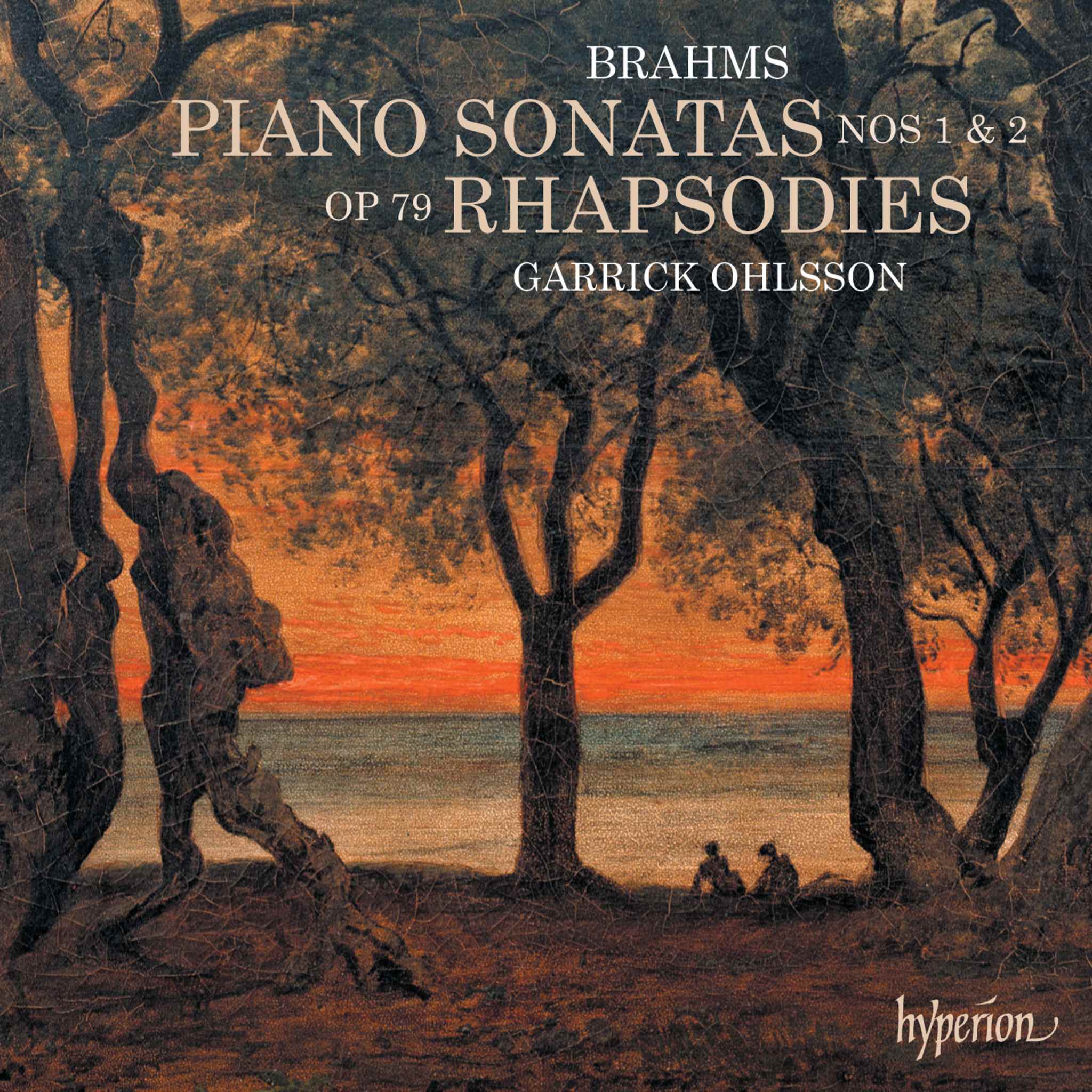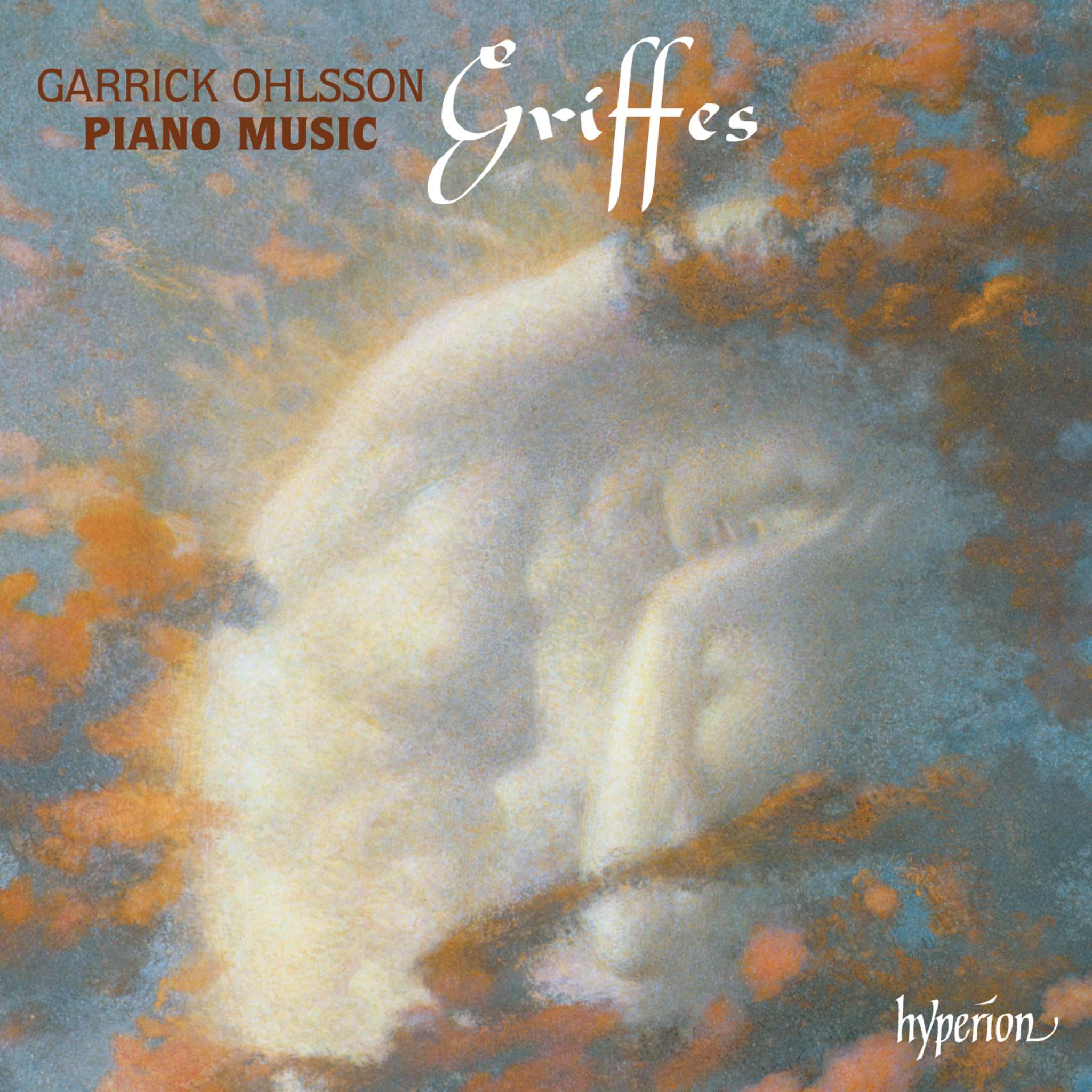Album insights
Few musical masterpieces, even smaller ones, owe their origin to a publisher dispute, but Strauss' Three Songs of Ophelia can legitimately claim that distinction. This peculiar tale is linked to the extended pause in his song composition from 1906 to 1918, helping to at least partially explain this creative hiatus. During these years, Strauss was heavily occupied with theatrical works including Elektra, Der Rosenkavalier, Ariadne auf Naxos, and Die Frau ohne Schatten. Notably, this period saw him emerge as a vocal advocate for composers' rights, especially his own.
In the 19th century, composers were expected to relinquish nearly all their rights when publishing, a fact that increasingly irked Strauss as his fame grew. In 1898, he co-founded the German Composers' Society with two colleagues to safeguard and promote composers' rights, laying the groundwork for similar organizations globally. Publishers, on the other hand, sought to counter this initiative with a competing entity, prominently led by the Bote & Bock publishing house. Strauss had entrusted them with the Sinfonia Domestica and his Opus 56 songs released in 1906. Unfortunately, a clause in his Opus 56 contract granted Bote & Bock rights to his next batch of songs whenever they were composed.
Understandably cautious, Strauss delayed delivering anything of value for as long as possible. In 1918, facing legal threats from Bote & Bock, he attempted to pacify them with Krämerspiegel, a satirical song cycle lampooning the publishing industry. When this ploy failed, he swiftly composed the three Ophelia Songs, setting three poems from Goethe's Book of Dismay to music, collectively published as Opus 67. Strauss seemingly aimed for three mad and three disgruntled songs to serve as a suitably venomous offering to his adversary. However, the three songs of madness have proven remarkably effective in concert halls, particularly when performed by a highly skilled actress-singer like Anne Schwanewilms, whose dramatic and vocal prowess is emphasized in this second volume of Strauss's complete songs.
This collection commences on familiar ground with Opus 10 and progresses chronologically to the Ophelia songs, showcasing many lesser-known or obscure pieces along the way. Notable highlights include the passionately dramatic O wärst du mein!, the delightful miniatures Weißer Jasmin and Wiegenliedchen, the two Alsatian folk songs, and notably, the remarkable Blind Man's Lament.
Roger Vignoles © 2007
Translator: Renate Wendel







